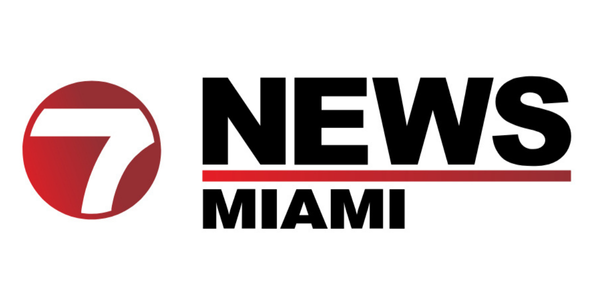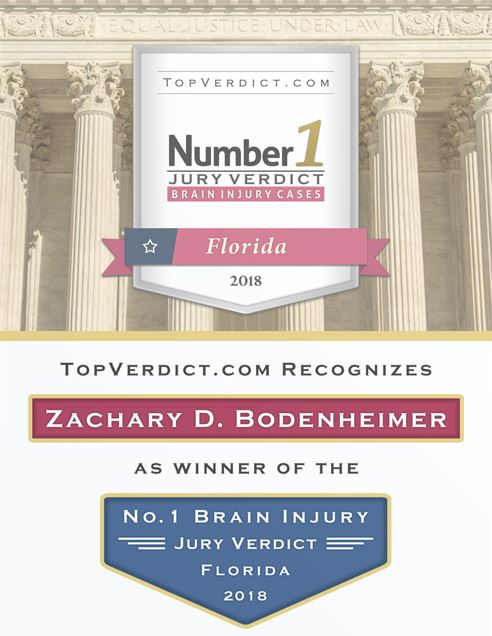- Free Consultation: 305-638-4143 Tap Here to Call Us
Two Killed in Pickup and Semi-Truck Collision on I-75 in Columbia County: Legal Options for Families
Two people from Homestead lost their lives Friday morning in a tragic crash involving a pickup truck and a semi-truck on Interstate 75 in Columbia County, Florida. According to the Florida Highway Patrol (FHP), the fatal collision occurred around 6:30 a.m., just south of Lake City.
Investigators say the pickup truck was traveling northbound when it veered off the roadway and struck the trailer of a semi-truck parked on the shoulder. The victims—a 58-year-old man and a 46-year-old woman—were pronounced dead at the scene. The driver of the semi-truck was not injured.
The investigation is ongoing, and no official statements have been released yet regarding why the pickup left the travel lane or why the semi-truck was parked on the shoulder.
Legal Considerations in Semi-Truck Shoulder Accidents
While details are still emerging, crashes involving parked or stopped commercial vehicles on the shoulder can raise complex legal questions. In Florida, liability in a fatal trucking accident may involve one or more parties, depending on whether the semi-truck was lawfully stopped, whether warning devices were deployed, and whether the driver of the other vehicle had a reasonable opportunity to avoid the collision.
Under Florida Statutes § 316.1945, parking or stopping on a highway shoulder is generally prohibited except in emergencies or when the vehicle is disabled. Even when a commercial truck is stopped for legitimate reasons, Federal Motor Carrier Safety Regulations (49 CFR § 392.22) require the driver to activate hazard lights and deploy warning triangles within 10 minutes to alert approaching motorists.
Failure to follow these safety measures could form the basis for a negligence claim, even if the parked vehicle was not moving at the time of the crash.
A thorough legal investigation would seek to determine:
- Why the semi-truck was stopped on the shoulder and whether it was lawfully parked.
- Whether proper safety protocols such as hazard lights, reflective triangles, or flares, were in place.
- Condition of the roadway and visibility at the time of the crash.
- Possible driver fatigue, distraction, or impairment on the part of either driver.
- Trucking company policies regarding emergency stops and driver training.
If the semi-truck was improperly stopped or failed to follow required safety measures, both the driver and the trucking company could be held responsible under theories of vicarious liability and direct negligence.
Wrongful Death Claims in Florida
If an investigation finds that negligence played a role, whether by the semi-truck driver, the trucking company, or another party, the families of the deceased may be entitled to pursue a wrongful death claim under the Florida Wrongful Death Act.
In Florida, a wrongful death lawsuit must be filed by the personal representative of the deceased’s estate, on behalf of the surviving family members, which can include:
- Spouse
- Children
- Parents
- Blood relatives or adoptive siblings dependent on the deceased for support or services
Recoverable damages in a wrongful death case may include:
- Loss of financial support and services
- Loss of companionship, protection, and parental guidance
- Mental pain and suffering for qualifying family members
- Funeral and burial expenses
- Medical expenses related to the fatal injuries
Florida law imposes a two-year statute of limitations for most wrongful death claims. Families must act quickly to preserve evidence, identify all liable parties, and file their claims before the deadline passes.
At Flanagan & Bodenheimer Injury & Wrongful Death Law Firm, we have extensive experience handling complex commercial vehicle accident cases throughout Florida. Our team understands the unique legal and investigative challenges these cases present and works tirelessly to hold negligent drivers, trucking companies, and other responsible parties accountable.












